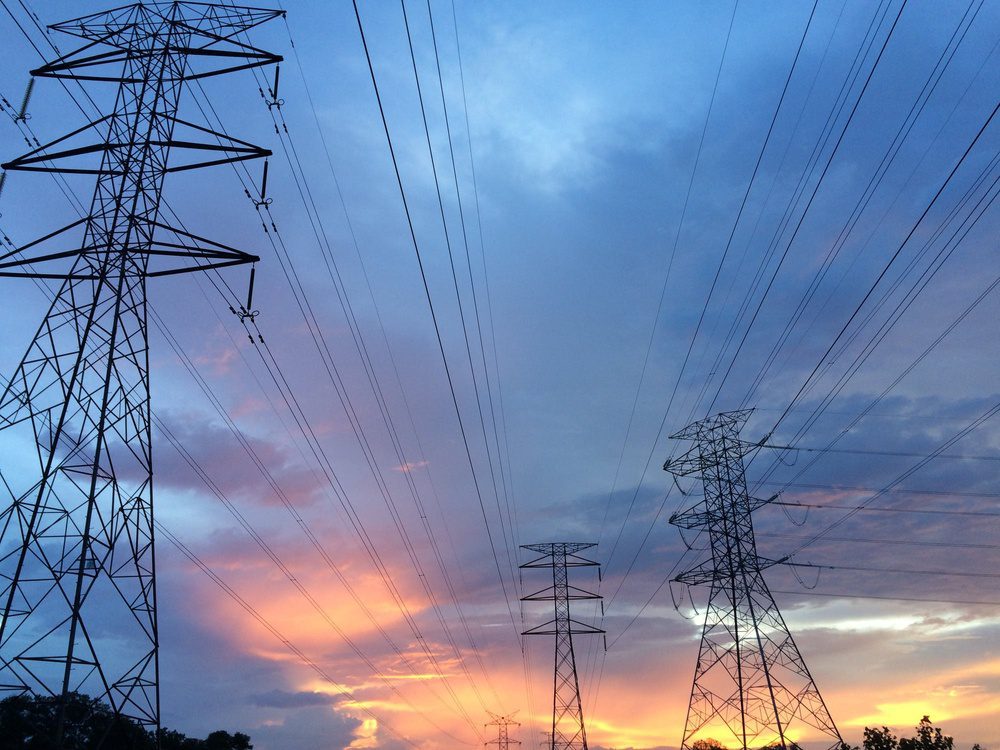
The power quality monitoring application dQuality from Dlaboratory Sweden AB (publ) has turned out to be not only an efficient solution monitoring reactive power from wind production, or keeping track of harmonic distortions, but a useful tool for grid planning and investment. Monitoring power quality has thus turned out to be essential in creating a sustainable and reliable power grid.
– In grid planning, we need to know what we are up against, says Henrik Skyllerstedt, grid planning engineer at regional energy company Kraftringen. We look at several parameters to be able to make accurate and reliable grid investments, and data from dQuality is one of those. Grid planning is a major investment decision, especially in new urban developments, such as northern Lund, so it requires accuracy and rational underpinning.
In the application dQuality, Henrik Skyllerstedt and his colleagues use data such as voltage variations and current flow from several feeders, comparing these with other data to get an overall view of the power load in the grid. From that, grid planning operations can decide on new connections adding load or production in an area, or other measures, if needed.
Power load assessment for planning purposes is just one additional use of the power quality monitoring solution dQuality from dLab. As more power electronics and sensitive equipment are connected to the grid, and intermittent power production from wind and PV or micro production is added, the power grid is put under strain. And reliable power quality becomes an issue, due to fluctuating power flows and harmonics.
A wind power plant, and even a single turbine, has a significant amount of power, and thus a capacity to influence the power quality and voltage stability in the grid. dLab’s application dQuality has a unique trait in that it can detect the reactive power flows to a single feeder line – allowing for faster compensations and restoration of the power capacity in the grid.
Harmonic distortions are another challenge coming into play with the new demands on the power grid. Power electronics can add more current harmonics and be more sensitive for harmonics from other sources. This is the case for fast chargers for vehicles (especially smart chargers where connected vehicles are acting as battery storage and supply energy to the grid on demand), battery storage power stations and solar power plants.
– dQuality monitors not only the harmonic content of the voltage in the substation, but also the current harmonics in each feeder. This makes it possible to trace the source of the harmonics, in order to be able to act if the harmonics are impairing the power quality of the grid, says Victor Bagge, systems engineer at dLab.
Monitoring power quality has thus turned out to be essential in creating a sustainable and reliable power grid. With dLab’s solution, it is possible to attain the essential reliable power quality, removing harmonics, and handling reactive power flow, while also forming well-grounded grid investments.

